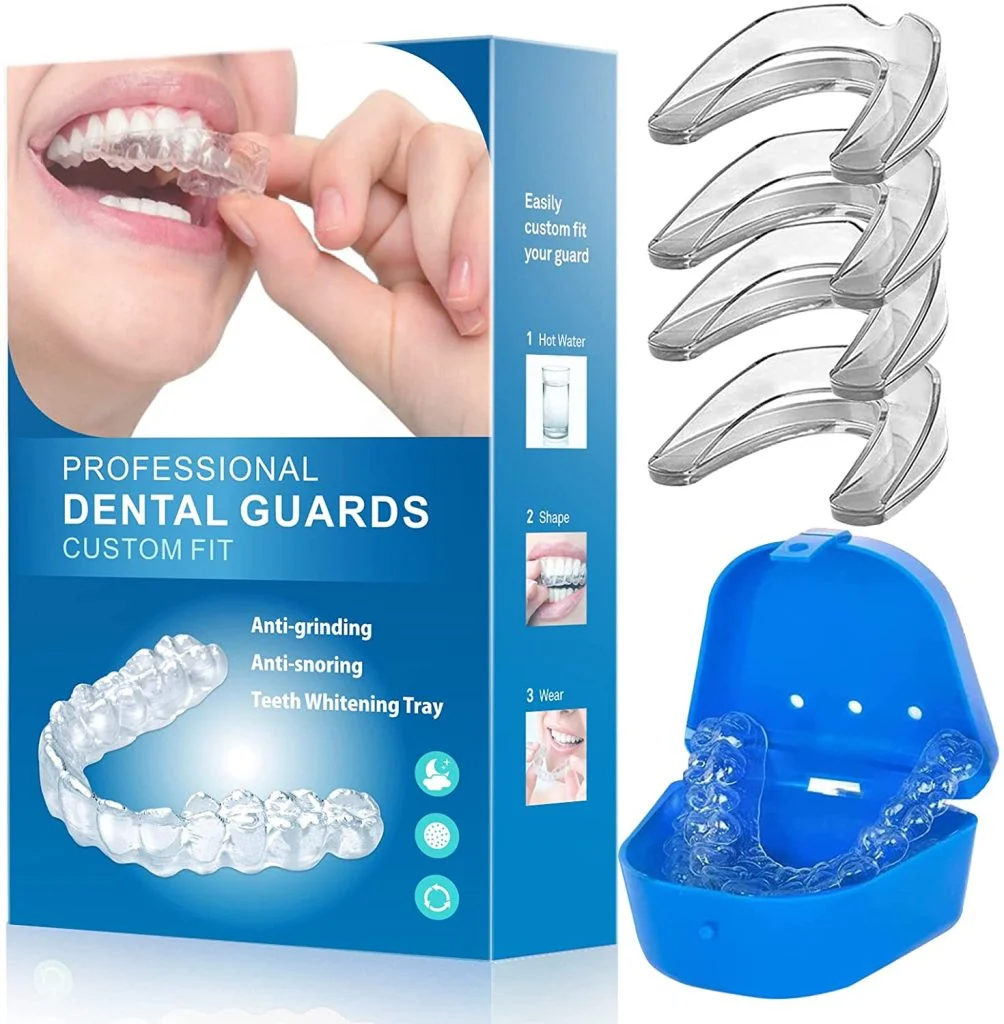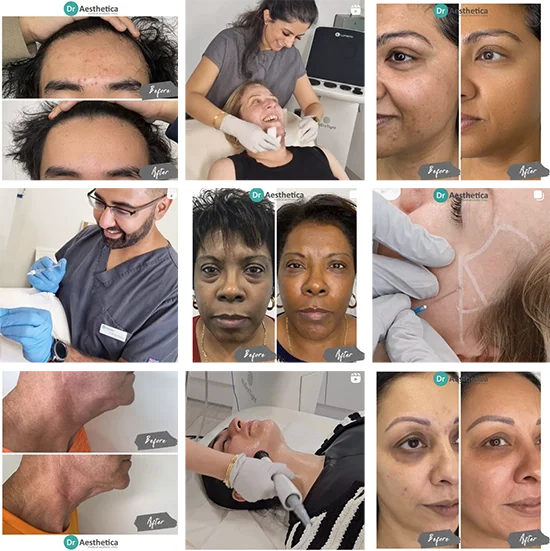How Is Teeth Grinding Causing My Tooth Pain?
Teeth grinding (Bruxism) can cause tooth pain in several ways. One of the most common ways that teeth grinding can lead to tooth pain is by constant grinding between lower and upper rows which can cause the teeth to become worn down, cracked, or even fractured. Which can cause pain or sensitivity. Grinding can also cause dental fillings or other dental restorations to become loose or damaged (which would be very annoying of course).
Furthermore, teeth grinding can also cause pain in the jaw and facial muscles, which can sometimes radiate to the teeth. This type of pain is often described as a dull ache and may come with jaw stiffness or difficulty opening the mouth.
Sensitive Teeth from Grinding
When you grind your teeth, you apply excessive pressure to the teeth, which can wear down the enamel and expose the sensitive inner layers of the teeth - causing tooth sensitivity. This can cause pain or discomfort when consuming hot, cold, or sweet foods and drinks.
What are the Long-Term Consequences of Ignoring This Issue?
Tooth pain from Bruxism is a common condition that can have serious long-term consequences if left untreated. Ignoring tooth pain from grinding can result in a range of dental and health problems, including the following:
- Tooth Damage - Over time, grinding can cause teeth to become worn down, chipped, or fractured. This damage can lead to more extensive dental work, such as crowns, root canals, or even tooth extraction.
- Gum Disease - Grinding can also lead to gum recession, which exposes the sensitive roots of the teeth and increases the risk of gum disease.
- Temporomandibular Joint Disorders (TMJ) - The constant grinding can cause damage to the temporomandibular joint (which connects the jawbone to the skull). This can result in pain, stiffness, and difficulty chewing or speaking.
- Headaches and Migraines - Tooth pain from grinding can also cause headaches and migraines, which are just annoying in general.
- Sleep Disorders - Grinding often occurs during sleep, which can result in poor sleep quality, sleep disturbances, and even sleep apnea. Sleep is such an essential part of human anatomy and lifestyle so make sure to get your teeth grinding checked out!
Tooth pain from grinding is a serious matter that can have some wacky consequences. It can also lead to social and work-related problems, and let's not forget the emotional distress that comes with it. Imagine feeling anxious and depressed because you can't stop grinding your teeth like a squirrel with a nut obsession. Plus, explaining to your friends why you can't enjoy hot or cold drinks without cringing in pain can make for some awkward conversations.
This article was read and reviewed by the face of DR Aesthetica himself - DR Baldeep Farmah.

The Role of Stress in Bruxism and Tooth Pain: Exploring the Mind-Body Connection
Did you ever know that stress can be a pain in your teeth? It's true - stress can lead to Bruxism and tooth pain. I apologize if you thought that was a bad joke. But don't worry, you run away from stress-induced tooth problems. Instead, let's explore the mind-body connection and learn how to deal with stress.
First, let's talk about the science behind it. When you're stressed, your body produces more of the hormone cortisol, which can lead to tension in your jaw and an increase in grinding your teeth. It's like your body is trying to work out its stress by giving your teeth an intense workout, so by reducing stress we can reduce teeth grinding and in turn tooth pain.
Breaking the Habit: Tips and Tricks
Tooth pain from grinding can be a frustrating and painful experience, but breaking the habit is possible with some helpful tips and tricks. Here are a few to get you started:
- Wear a mouthguard - A custom-fitted mouthguard is one of the most effective ways to protect your teeth from grinding.
- Reduce stress - As we mentioned earlier, stress is a common cause of Bruxism. Finding ways to manage stress, such as exercise or relaxation techniques, can help ease tooth pain.
- Avoid stimulating substances - Certain substances, like caffeine and alcohol, can exacerbate tooth grinding. Cutting back on these substances, especially before bed, can help reduce the frequency of Bruxism.
- Jaw exercises - Try doing jaw exercises to help train your muscles to relax. This can involve massaging your jaw muscles or doing stretches.

If you have been experiencing jaw clenching for a while or keep experiencing jaw clenching feel free to talk to us. Don’t suffer in silence, we're here to help you. You can view a list of potential treatments for Bruxism here.
However do you Want a treatment that:
- Lasts approximately 6 months?
- Only requires 24 hours of downtime
- Is so painless that it requires no anaesthetic
- Displays results by 4 weeks
Then a Botox treatment may be perfect for you! View more information on a Botox treatment here.


